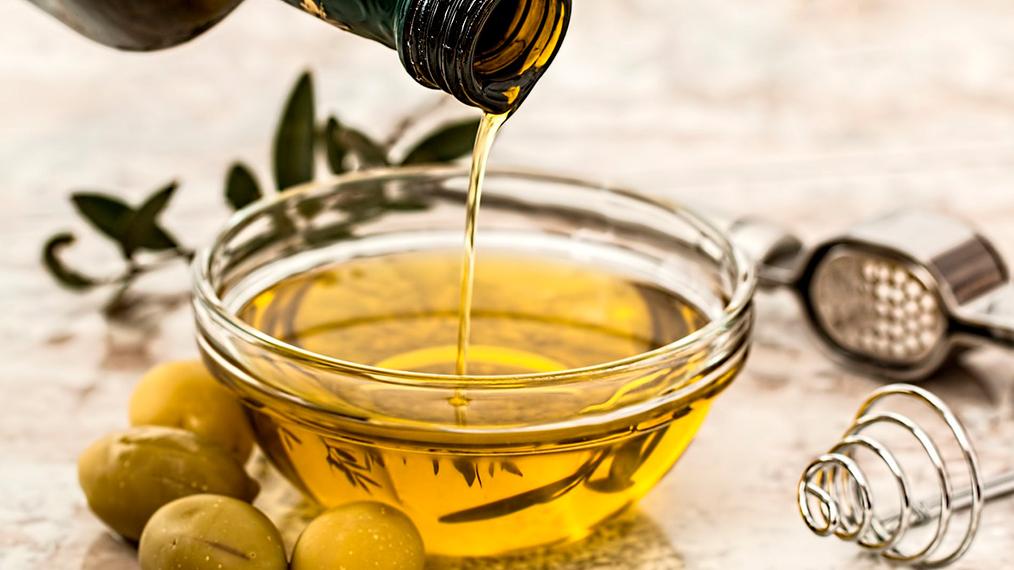
Olive oil, known as "liquid gold," is a culinary marvel that has graced tables since ancient times. From ancient Greece to modern gourmet cuisine, this elixir has been a testimony to flavour, health and culture. But beyond its flavour and its versatility, olive oil hides mysteries. One of those mysteries is its density, a characteristic that, although may go unnoticed, says a lot about its quality and authenticity.
WHICH IS THE DENSITY OF AN EXTRA VIRGIN OLIVE OIL?
To really understand the olive oil, you have to dive into its composition and characteristics. Density, which reflects which is the volume occupied by a specific weight of olive oil, is one of those characteristics. This relation changes with the temperature of the oil and for this reason, to compare densities of different oils, it is important to set a reference temperature. Thus, the characteristic density of extra virgin olive oil at a temperature of 20ºC ranges between 0.910 and 0.916 kg/L.
The apparent density has more relation with the type of vegetable oil than with typologies within the same vegetable type. Thus, for instance, at the same temperature of 20ºC sunflower oil oscillates between 0.920 and 0.925 kg/L, the peanut oil between 0.917 to 0.920 kg/L, and soybean oil between 0.921 and 0.924 kg/L.
WHAT CAN MODIFY THE DENSITY OF OLIVE OIL?
The main cause of measurable variations in the apparent density of the oil is the presence of traces of humidity and solids in suspension, due to an insufficient process of clarification of the oil in the mill or in the cellar.
However, the main cause for a consumer to perceive than an oil as more or less dense, either in mouth or poured over food to be cooked, is the temperature at which said action is carried out. Indeed, if the oil is cold the sensation will be of a more dense oil and with less tendency to flow, while if it is hot the sensation will be of more fluidity, being exactly the same product.
IS A DENSE OLIVE OIL A BETTER-QUALITY OIL?
Absolutely not. As we mentioned, the perception of density is mainly due to serving temperature, being a subjective sensation in the mouth or when the oil is poured over food. Quality has nothing to do with that perception.
Only in the event that the density is higher due to excess of humidity or suspended particles, it could be considered that the oil is of lower quality, since it contains substances that are not specific of the oil. This is what happens in the so-called "veiled oils" recently produced and not yet filtered, very popular in the producing areas at the beginning of the season; consumers like them because they perceive as “more dense”, which is due to the hight presence of impurities in an oil that has not been filtered yet.
APPRECIATE THE COMPLEXITY AND RICHNESS OF OLIVE OIL
When considering olive oil, one must look beyond this golden colour and lovely aroma. Each drop carries within itself an history, tradition and science. Density is just one chapter in that story, although essential. The next time you spill this "liquid gold" on your plate, consider everything behind it: science, tradition, and of course, density. Because olive oil is more than a simple ingredient; it is an experience itself.